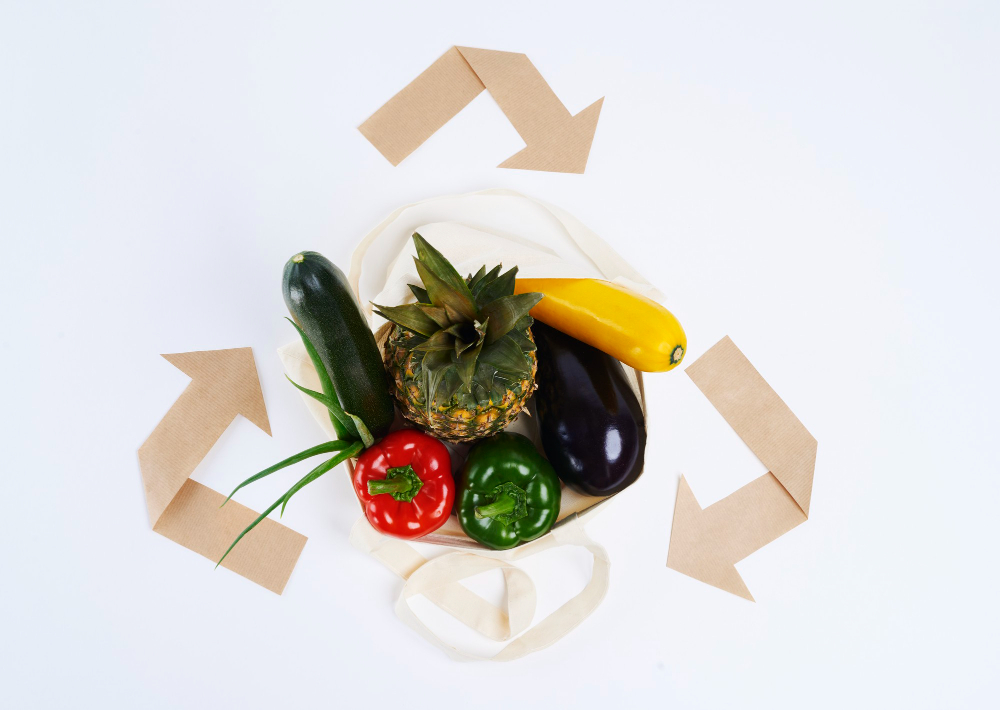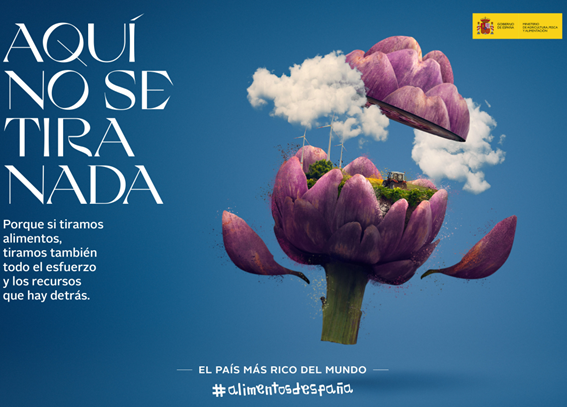The Official State Gazette (BOE) published today the Law on the Prevention of Food Loss and Waste, the first national law regulating this issue in Spain. The law, approved by the Congress of Deputies on March 20, aims to promote more efficient use of food and reduce waste throughout the food chain, from production to final consumption.

According to the Minister of Agriculture, Fisheries, and Food, Luis Planas, this new regulation primarily seeks to raise awareness about the value of food and the work of those who produce it, including farmers. “There is no food more expensive than that which ends up in the trash,” he stated.
A law with an impact on the entire food chain
The law establishes the obligation for all operators in the food chain to have a loss and waste prevention plan, tailored to their activity. This plan will allow for the detection of critical points of loss in processes and the implementation of corrective measures to prevent food from ending up unused.
Furthermore, a hierarchy of uses for surplus food is established, prioritizing human consumption (either through processing or donation), followed by use for animal feed or the production of by-products for industry. Only if neither of these options is possible will food be recycled, such as composting or biogas generation.
To facilitate donations, companies must sign agreements with social organizations or food banks, under previously established written conditions.

Deadlines and Exceptions
The law introduces certain flexibilities to facilitate adaptation, especially for small farms. Microenterprises and farms with fewer than 50 employees are exempt from the obligation to develop a prevention plan or sign donation agreements.
Establishments with less than 1,300 m² in sectors such as retail, catering, or hospitality are also exempt, provided they do not belong to large chains.
The main obligations, such as having a prevention plan or promoting donation agreements, will come into force in April 2026, one year after its publication in the Official State Gazette (BOE).
Good Practices and Sanctions
The law not only imposes obligations but also promotes good practices that can be beneficial to the sector, such as the sale of products with cosmetic defects or with an approaching expiration date, always within the legal limits established by European regulations.
The text also establishes a sanctioning regime, albeit with a non-punitive approach. Minor infractions may be remedied and carry penalties of up to €2,000, while serious infractions, such as not having a prevention plan, can result in fines of between €2,001 and €60,000. Recidivism fines can reach up to €500,000 in very serious cases.
Commitment to Sustainability
This law reinforces the Spanish food sector’s commitment to sustainability, productive efficiency, and respect for the work of all links in the food chain. For the livestock and meat sector, it represents an opportunity to optimize resources, reduce waste, and strengthen the sector’s social role, especially through donation and processing initiatives.
At Anafric, we will continue to report on the practical application of this regulation and offer support to the sector for its proper implementation.
















